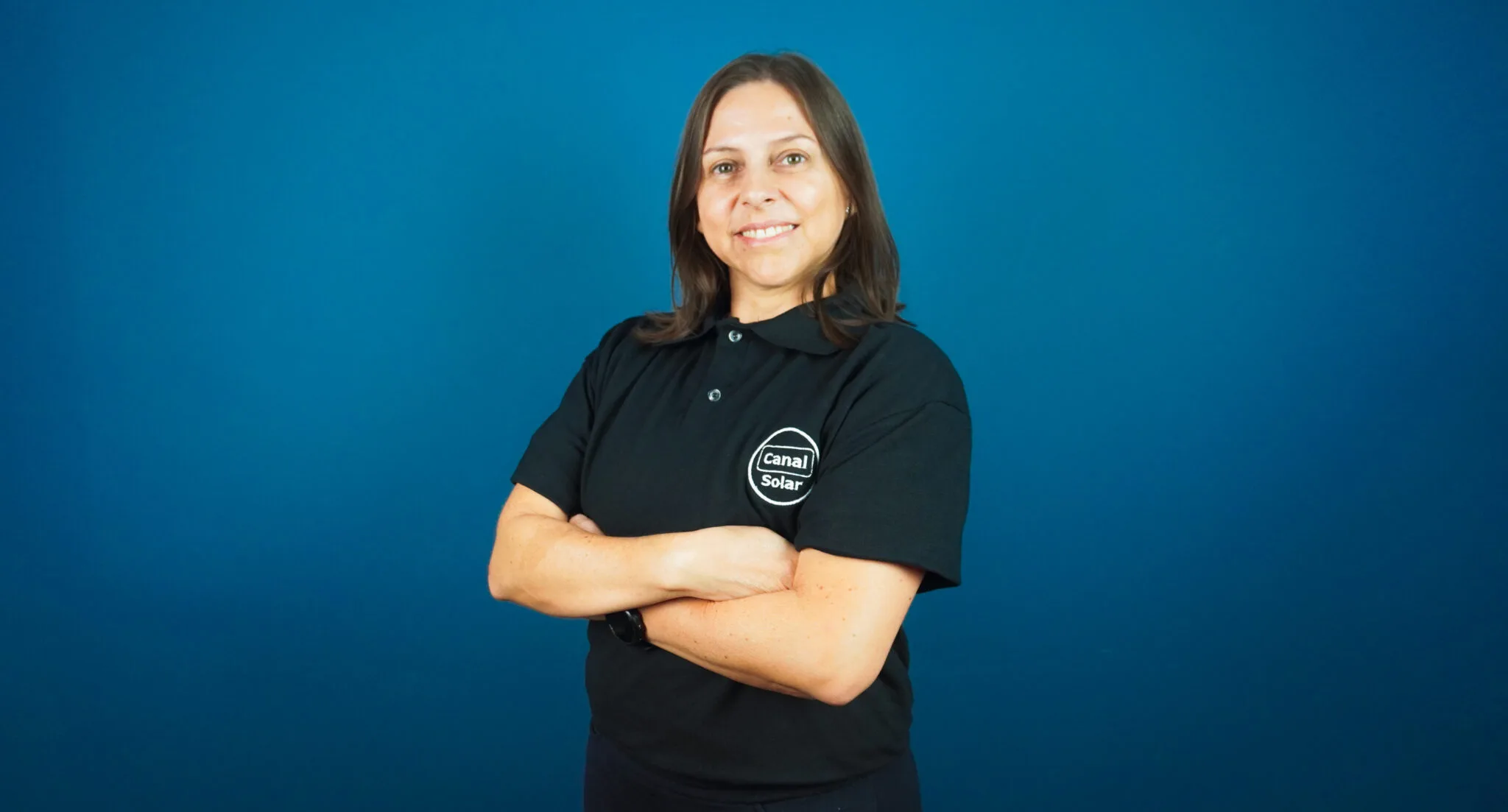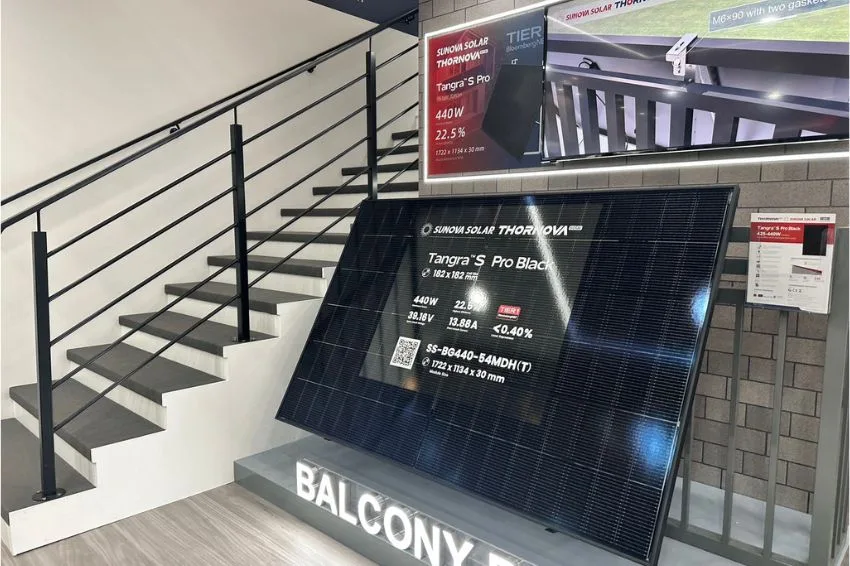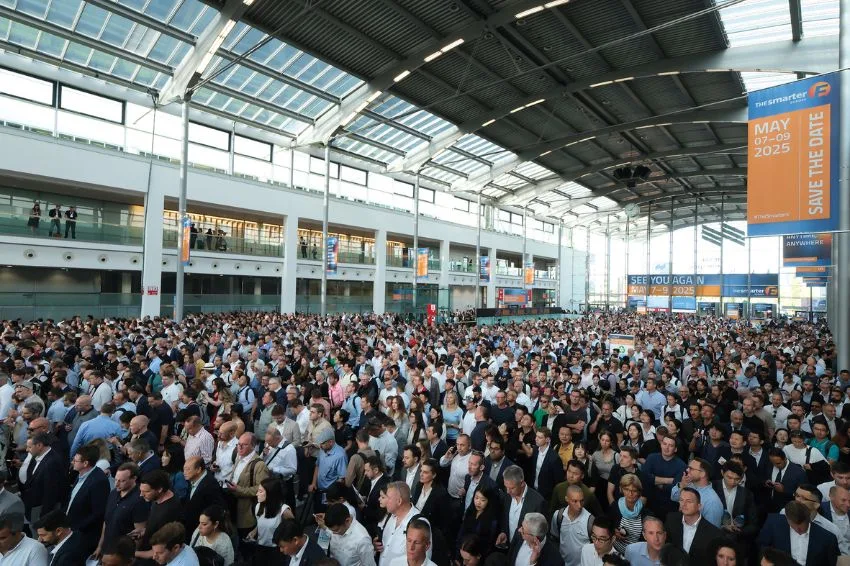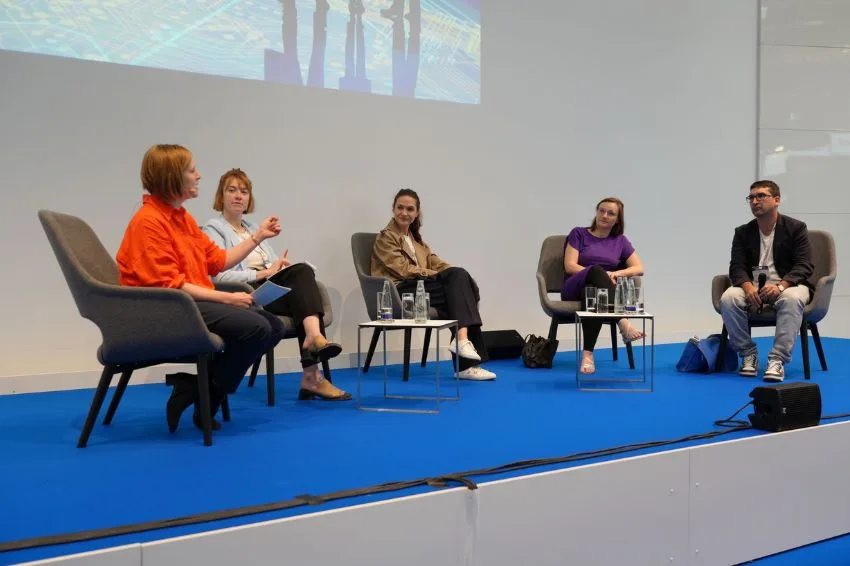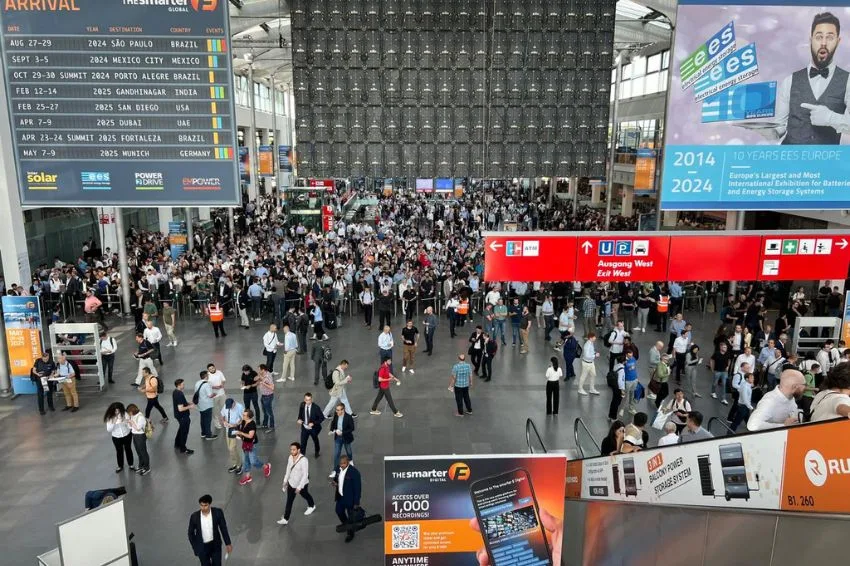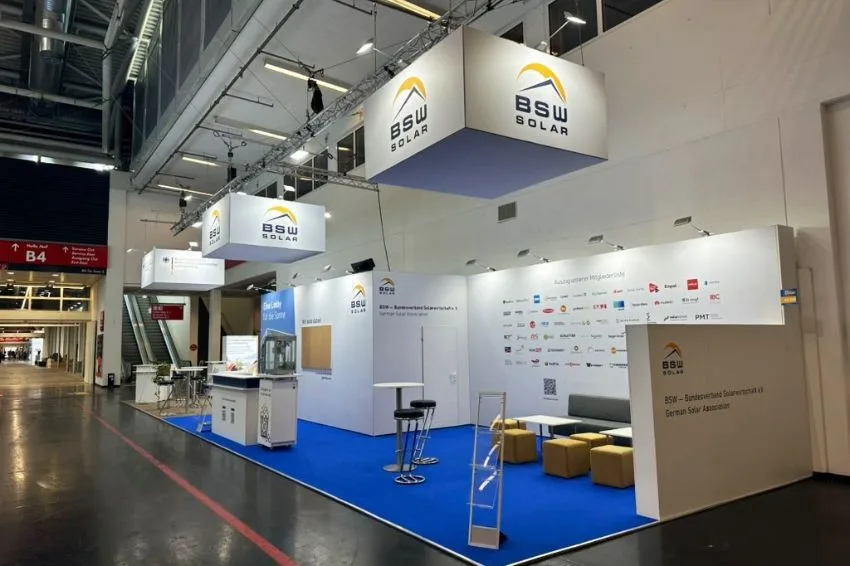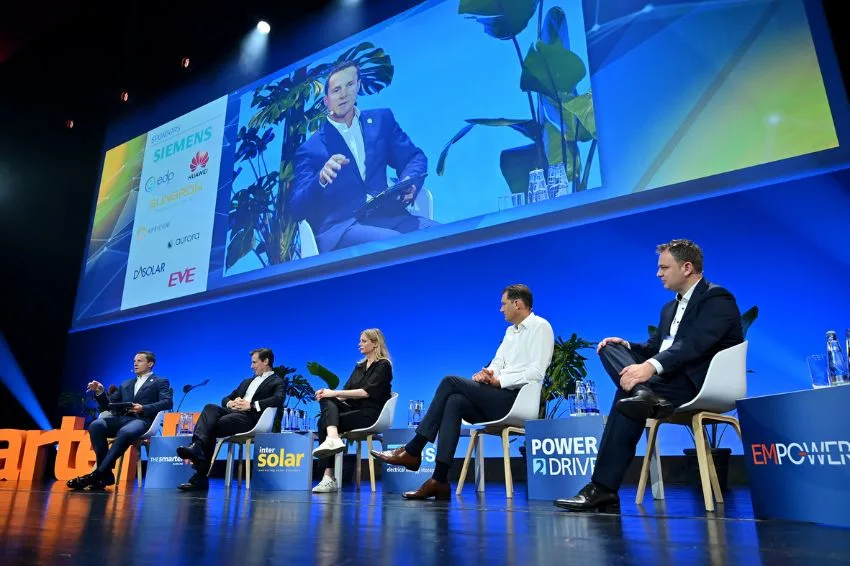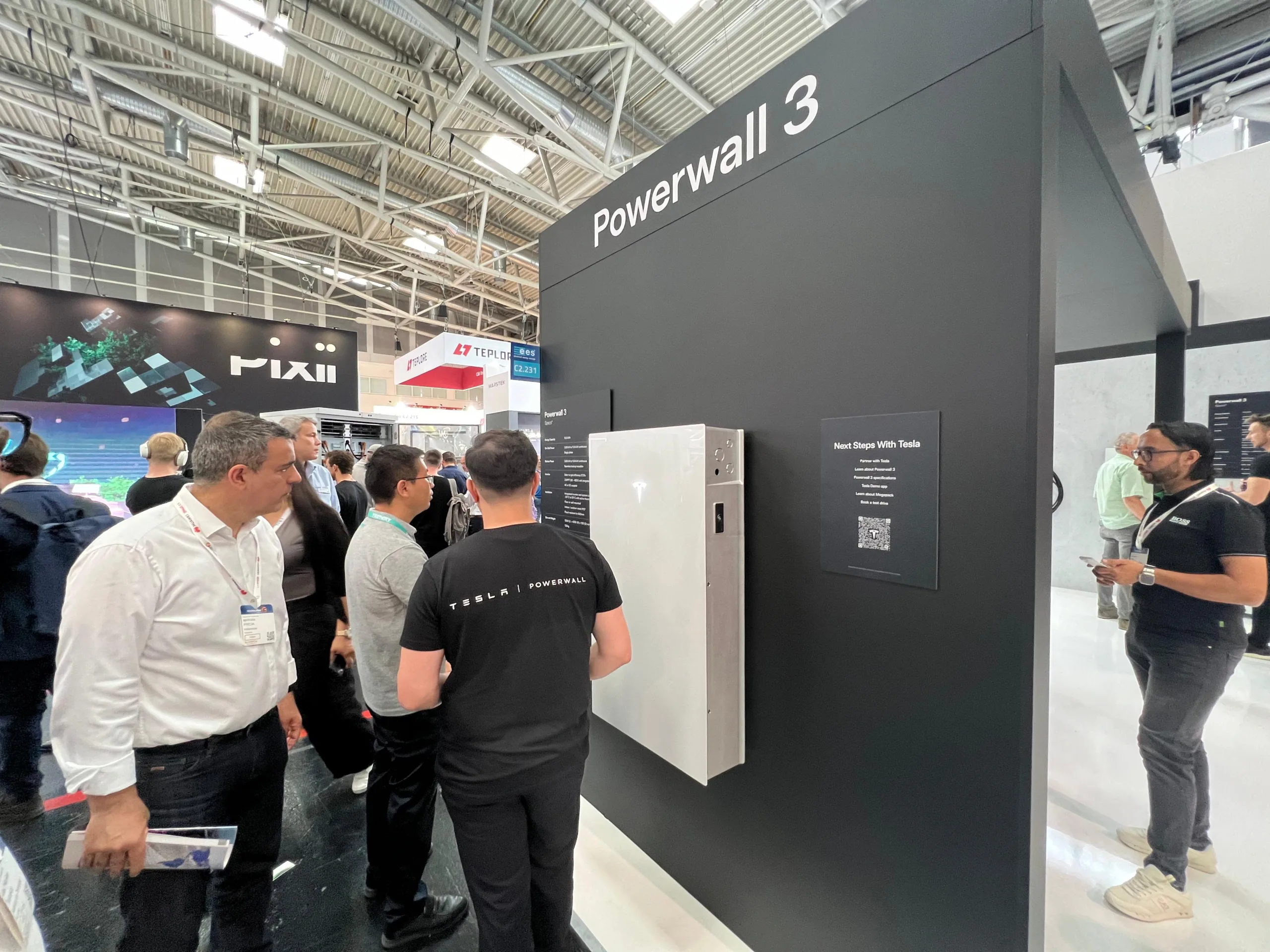A Sunova/Thornova Solar and Solenso founded the joint venture ALP (Advanced Lasting Photovoltaics), during Intersolar Munich. The objective of the partnership is to provide advanced modules for special applications. The company also received certification Kiwa PVEL for the PERC module.
The partnership with the Austrian Solenso, which specializes in photovoltaic solutions, provides Sunova/Thornova Solar with the possibility of delving deeper into the European market.
Among the special applications, There are alpine modules that can withstand snow loads of up to 8000Pa, modules for agrovoltaic applications and DITB-certified panels for suspended use, for example in parking lots and facades.
Alpine solar panels are bifacial and have their own snow structure; you garden modules (Garden PV) are furniture with their own structure of up to 800W and can be installed by the owner; and the module Fence PV can be used as a fence.
You TOPCon panels sold by Sunova/Thornova Solar can be used for various applications. O Tangra L Pro 710 is a bifacial module with 132 cells TOPCon N-Type with an efficiency of 22.9%.
For applications in C&I there is the Tangra L HD 615, which is high density, equipped with 132 rectangular cells and has an efficiency of 22.8%. Residential customers can count on a kit of solutions for balconies and gardens with the Tangra S Pro Black, which are completely black, with up to 440W.
Sunova Solar is certified by Kiwa PVEL
A Sunova/ Thornova Solar achieved its first Kiwa PVEL certification for the PERC module bifacial TS-BG72 (550), which is equivalent to the Zosma M Pro 550.
Certification is part of the PQP (Product Qualification Program) and the module achieved maximum qualifications in acceleration stress tests.
The tests with the best performances were: thermal cycle test, damp heat test, MSS (mechanical stress sequence) and LeTID (degradation induced by light and high temperature) – which have the function of proving their quality, reliability and durability.
“This result underscores our commitment to providing exceptional products to our customers. We will continue to have more module types go through this rigorous testing procedure to show that the trust our current customers place in us continues to be justified, and to convince other potential customers that our modules are an excellent choice for their large projects. scale in terms of reliability and durability,” said William Sheng, CEO of Thornova Solar.
How are tests done?
Thermal Cycle Test: The objective of this test is understand the effect of temperature changes on the expansion and contraction of materials used in the photovoltaic module and its interfaces.
Modules are exposed to different temperatures due to differences in thermal expansion coefficients. Additionally, resistive heating from current flow increases local voltages at solder points and other electrical interfaces.
Thermal cycling test took place over 600 cycles with a characterization every 200 cycles, compared to just 50 and 200 cycles during IEC 61215-2016 test standards.
O Thornova Solar TS-BG72 (550) showed an average of -0.37% deviation in the post-tension change in Pmax related to the initial measurement after light immersion. The limit set by Kiwa PVEL is a maximum deviation of < -2% Pmax. Therefore, the Thornova Solar TS-BG72 (550) module shows very good performance under these severe thermal cycle test conditions.
There were no findings during visual inspection after testing and the module continued to meet ICE 61215-1:2021 wet leak resistant insulation requirements, in addition to passing electrical circuit tests.
Moist heat test: evaluates the susceptibility to moisture ingress, delamination and corrosion of a photovoltaic module and its materials, the Kiwa PVEL allows a maximum of <-2% of Pmax deviation after a two-interval damp heat test of 1000 hours or a total of 2000 hours, related to the initial measurement after light immersion.
The module was exposed to a temperature of 85ºC and relative humidity of 85%. The IEC standard for module certification runs for 1000 hours and showed an average Pmax reduction of -1.41, in post-stress measurements
The junction box for the backsheet, the backsheet for EVA, EVA for the cell and EVA for the glass interfaces are also included in the test.
MSS (mechanical stress sequence): This one test has the function of simulating the exposure of modules to wind and snow loads. Continued exposure may result in cracking of cells and solder joints. So, this sequence evaluates the loss of power that may occur over time.
You Tests begin with a static mechanical load, followed by a dynamic mechanical load to which the module is subjected for 50 thermal cycles and ends with 10 moisture freezing cycles.
Again, the threshold to pass Kiva PVEL requirements is less than -2% Pmax deviation compared to the pre-stress results from the initial measurement after light immersion. The Thornova Solar modules tested had an average result of -0.63%.
LeTID (light and elevated temperature induced degradation): O LeTID is related to PERC cells and occurs when they reach temperatures above 40ºC during the test. These operating temperatures occur in hot environments and in temperate regions during periods of high irradiance on hot days.
O Thornova Solar module showed extremely low deviation of, on average, 0.24% in LETID stress tests – which occur at 75°C and take 486 hours in the Kiwa PVEL, but only 162 hours for IEC 61215-2016 module certification.
All content on Canal Solar is protected by copyright law, and partial or total reproduction of this site in any medium is expressly prohibited. If you are interested in collaborating or reusing some of our material, we ask that you contact us via email: [email protected].

